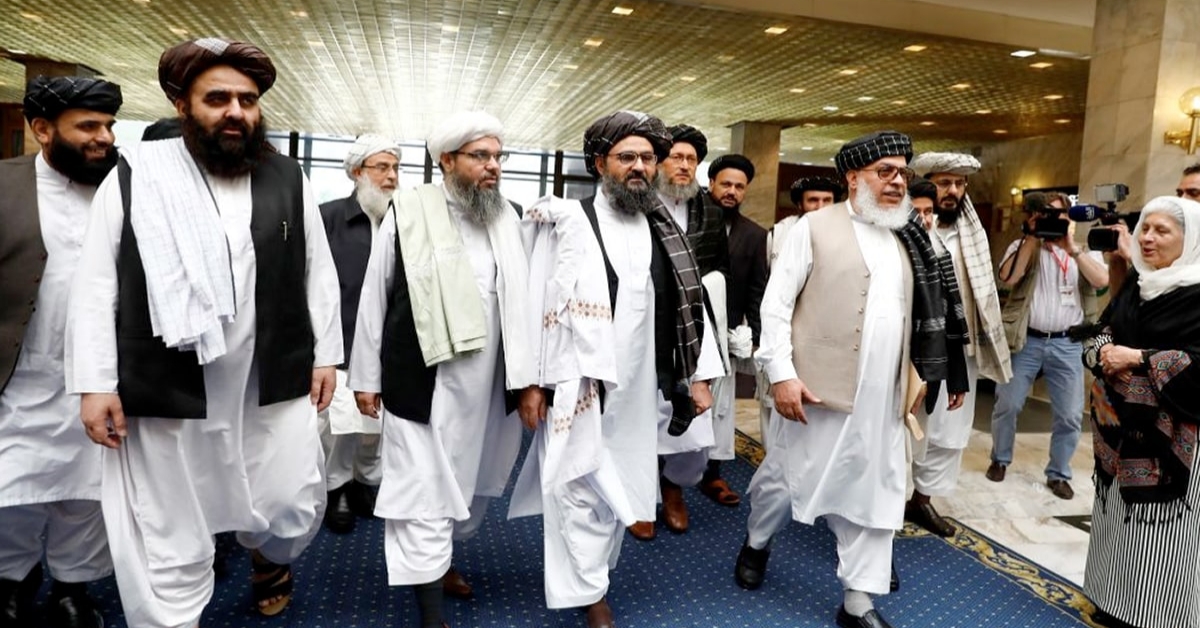Anthony Albanese is an Australian politician serving as the 31st and current prime minister of Australia since 2022. He has been the leader of the Labor Party since 2019 and the member of parliament for the New South Wales division of Grayndler since 1996.
Early Life Of Anthony Albanese
Anthony Norman Albanese was born on March 2, 1963, in Sydney, New South Wales. Raised by a single mother in a working-class household, he grew up in public housing, which instilled in him a sense of resilience and a strong commitment to social justice. His upbringing influenced his values and political views, particularly his belief in providing support for disadvantaged and marginalized communities.
Albanese attended St. Mary’s Cathedral College and later graduated from the University of Sydney with a degree in economics. His educational background helped shape his economic perspectives, and he joined the Australian Labor Party in his teens, driven by a desire to create a more equitable society.
Political Career and Rise in the Labor Party
Albanese entered the Australian House of Representatives in 1996, representing the electorate of Grayndler in Sydney’s inner west. Over the years, he built a reputation as a dedicated and strategic politician, working on various issues such as infrastructure, transport, and urban planning. His early years in Parliament were marked by his focus on improving public services and infrastructure in Australia, laying the groundwork for his future roles in government.
In 2007, when the Labor Party won the federal election under Kevin Rudd’s leadership, Albanese was appointed Minister for Infrastructure, Transport, Regional Development, and Local Government. He played a key role in the government’s efforts to improve Australia’s infrastructure, introducing long-term planning initiatives aimed at strengthening transport networks across the country. This position allowed him to gain recognition as a practical and effective leader, with a focus on policies that had a tangible impact on Australians’ daily lives.
Anthony Albanese ,Leader of the Australian Labor Party
Following the 2019 federal election, which saw Labor lose to the Liberal-National Coalition, Albanese emerged as the new leader of the Australian Labor Party. With a reputation as a progressive leader and a unifying figure, he was chosen to steer the party in a new direction. Albanese’s leadership brought a renewed emphasis on social justice, climate action, and economic reform.
Under his guidance, the Labor Party focused on issues like renewable energy investment, expanding healthcare access, and improving wages and working conditions. His leadership aimed to modernize the party’s platform, appealing to a broader base of Australian voters and addressing contemporary issues such as climate change, housing affordability, and workers’ rights.
Prime Ministerial Tenure and Key Policies
In May 2022, Anthony Albanese led the Labor Party to victory, becoming the 31st Prime Minister of Australia. His government has prioritized several key areas, including:
- Climate Change and Renewable Energy
Albanese’s government has committed to ambitious climate goals, including achieving net-zero emissions by 2050. His administration has worked on transitioning Australia toward renewable energy sources, promoting solar, wind, and hydrogen power projects. These efforts reflect Albanese’s dedication to reducing Australia’s carbon footprint and mitigating the impacts of climate change. - Social Welfare and Healthcare
Albanese has focused on enhancing social welfare programs and improving healthcare accessibility. His government has increased funding for public healthcare, aiming to reduce wait times and provide better mental health support. Additionally, he has advocated for paid parental leave, affordable childcare, and improved aged care services to support working families and vulnerable communities. - Economic Growth and Job Creation
Albanese’s economic policy emphasizes creating jobs through infrastructure development and supporting small businesses. His administration has allocated funds for major infrastructure projects to stimulate the economy and create job opportunities. He has also supported policies to ensure fair wages and job security for workers, especially in sectors affected by globalization and automation. - Indigenous Rights and Reconciliation
A vocal supporter of Indigenous rights, Albanese’s government has continued to work toward reconciliation, including supporting the Uluru Statement from the Heart, which calls for constitutional recognition of Indigenous Australians. His administration has worked to address systemic issues affecting Indigenous communities and promote cultural recognition and respect.
Challenges and Criticisms Of Anthony Albanese
Despite his popularity, Albanese faces several challenges as Prime Minister. Some critics argue that his climate policies could impact Australia’s coal and mining industries, which remain a significant part of the economy. Others believe his focus on social welfare and public spending could strain government resources and increase the national deficit.
However, Albanese has responded to these criticisms by emphasizing the long-term benefits of sustainable growth, a diversified economy, and improved quality of life for Australians. He maintains that his policies are designed to balance economic prosperity with social and environmental responsibility.
Vision for Australia’s Future
Anthony Albanese envisions an Australia that is inclusive, sustainable, and forward-thinking. His leadership approach emphasizes collaboration and constructive dialogue, both domestically and internationally. As Australia faces a rapidly changing global landscape, Albanese’s government aims to position the country as a leader in renewable energy, social justice, and technological innovation.
His policies reflect a vision of a fair and prosperous Australia that provides opportunities for all its citizens. With a focus on sustainable development, social equity, and economic resilience, Albanese continues to work toward creating a stronger and more inclusive nation.
Conclusion
Anthony Albanese has made significant strides in his political career, rising from humble beginnings to become one of Australia’s most influential leaders. As Prime Minister, his progressive policies and commitment to social justice resonate with a broad spectrum of Australians. Although he faces challenges in implementing his agenda, Albanese’s vision for a fair, inclusive, and sustainable Australia reflects his dedication to the nation’s future.



